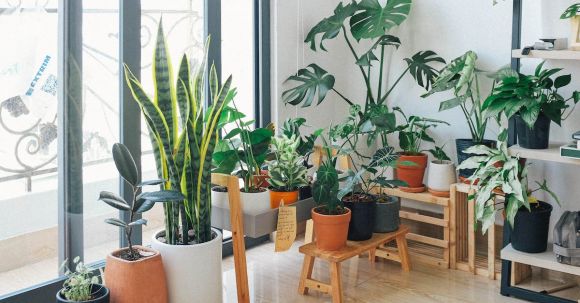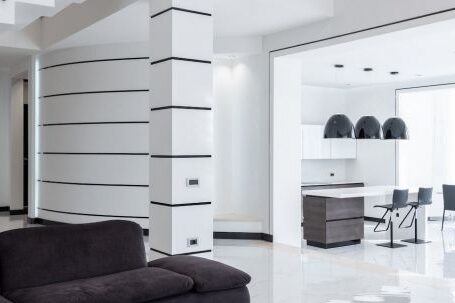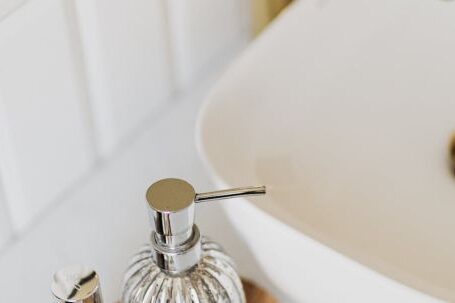In recent years, there has been a growing awareness of the importance of sustainable living. From conserving energy to reducing waste, people are seeking ways to minimize their impact on the environment. One simple yet effective way to contribute to this movement is by incorporating indoor plants into our homes and workplaces. Indoor plants not only add beauty and tranquility to our spaces but also offer a range of benefits that support a sustainable lifestyle. Let’s explore some of these benefits.
Improving Indoor Air Quality
Indoor air pollution is a significant concern, as it can be up to five times more polluted than outdoor air. Harmful pollutants such as formaldehyde, benzene, and trichloroethylene can be found in common household items like furniture, carpets, and cleaning products. However, indoor plants have the remarkable ability to naturally filter and purify the air by absorbing these toxins through their leaves and roots. They release oxygen and moisture, creating a healthier and more breathable environment for us. By having indoor plants, we can reduce our reliance on air purifiers and improve the quality of our indoor air, contributing to sustainable living.
Increasing Productivity and Well-being
Studies have shown that the presence of indoor plants in our surroundings can have a positive impact on our well-being and productivity. The calming effect of plants reduces stress levels and enhances concentration, making us more efficient and focused. This, in turn, can lead to increased productivity in our daily tasks, whether it be studying, working, or engaging in creative pursuits. By incorporating indoor plants into our living and working spaces, we can create a conducive environment that promotes well-being and sustainable productivity.
Reducing Energy Consumption
Indoor plants can also contribute to sustainable living by reducing energy consumption. By strategically placing plants near windows, they can act as natural insulators, reducing heat loss during winter and heat gain during summer. This natural insulation helps to maintain a more stable indoor temperature, reducing the need for heating and cooling systems and ultimately saving energy. Additionally, the shade provided by indoor plants can help to reduce the glare and heat from sunlight, minimizing the need for artificial lighting and air conditioning. By using plants as natural energy savers, we can reduce our carbon footprint and promote sustainable living.
Enhancing Aesthetics and Biophilia
In addition to their practical benefits, indoor plants also add a touch of beauty and tranquility to our living spaces. The presence of greenery has a calming effect on our minds and can help to create a sense of connection with nature. This concept, known as biophilia, suggests that humans have an innate desire to be connected with the natural world. By incorporating indoor plants into our homes and workplaces, we can satisfy this need for nature and create a more harmonious living environment. The aesthetic appeal of indoor plants enhances our overall well-being, making sustainable living a more enjoyable and fulfilling journey.
In conclusion, indoor plants offer a multitude of benefits that support sustainable living. From improving indoor air quality to increasing productivity, reducing energy consumption, and enhancing aesthetics, these green companions have a positive impact on our well-being and the environment. By incorporating indoor plants into our homes and workplaces, we can take a small yet significant step towards a more sustainable future. So why not bring nature indoors and embrace the benefits of indoor plants?





